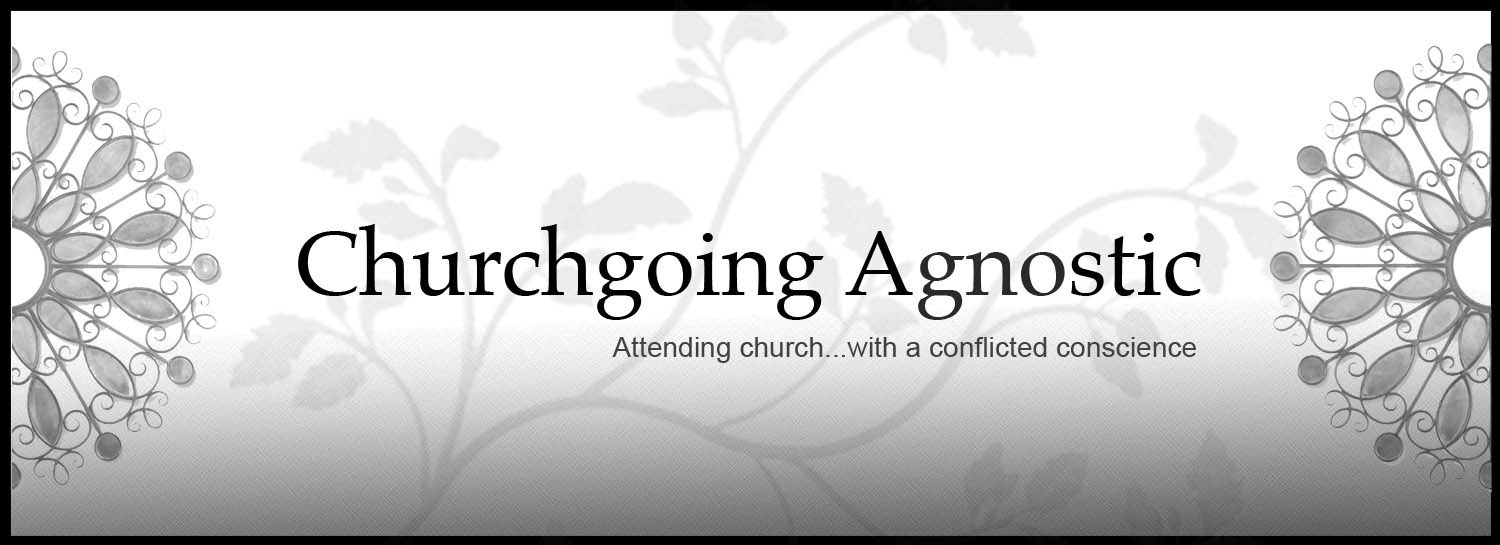
Mitchell’s first verse describes an imaginary (and symbolic) encounter and conversation between two travelers on a road towards Woodstock who happen to share a mutual search for a sense of identity, the meaning of life, and freedom for their souls.
I came upon a child of GodFrom the first arresting lyric (“I came upon a child of God…”)- a line which alone could inspire an essay plunging the depths of its theology and conviction- I was ushered into the essence of the song by Mitchell’s shrill voice and the muted notes of her keyboard (the song’s only instrumental accompaniment).
He was walking along the road
And I asked him where are you going
And this he told me...
I'm going on down to Yasgur's farm
I'm going to join in a rock 'n' roll band
I'm going to camp out on the land
I'm going to try an' get my soul free...
She then proceeds to a chorus that strikes an awesome balance between mind-blowing scientific discovery (“We are stardust...billion year old carbon”) and heart-stirring religious metaphor that alludes to the Hebrew Bible’s myth of Adam and Eve in the garden of Eden. *
We are stardustThis chorus resonated with me mainly because it explored some heavy ideas that I studied recently in a colloquium course on the relationship between religion, theology, spirituality and science. Never before have I seen such ideas articulated in song.
We are golden
And we've got to get ourselves
Back to the garden…
...We are stardust (Billion year old carbon)
We are golden (Caught in the devil's bargain)
And we've got to get ourselves
Back to the garden
In the second verse, Mitchell responds to the answer of the first traveler by voicing the concerns of the second traveler, who admits to feeling like “a cog” in a industrial society marked by pollution and consumption (a society very much like our own).
Then can I walk beside youMitchell continues with her third and final verse, which uses colorful language to describe a transformative vision of a peaceful society.
I have come here to lose the smog
And I feel to be a cog
in something turning
Well maybe it is just the time of year
Or maybe it's the time of man
I don't know who I am
But you know life is for learning
By the time we got to WoodstockI experience chills every time the notes of Mitchell’s keyboard follow her voice to a higher octave as she sings the word “butterflies” in this verse. Her lyric of “the bombers…turning into butterflies” also struck me as a beautiful and inspiring vision that finds an interesting parallel alongside the 8th century Hebrew poet/prophet Isaiah’s vision of a day when the nations “will hammer their swords into plowshares and their spears into pruning hooks”; a day when nations “will not lift up sword” or “learn war” any more (Isaiah 2:15).
We were half a million strong
And everywhere there was song
and celebration
And I dreamed I saw the bombers
Riding shotgun in the sky
And they were turning into butterflies
Above our nation
Overall, I was highly impressed with Mitchell’s spell-binding artistry. Throughout the song, her emotive lyrical content was animated and enhanced by her amazing vocal control, expansive range, and instrumental simplicity. Such minimalism enabled me to fully appreciate her ability to hit and hold those high notes that sent her poetic words into flight and then landed them gracefully in a lower range.
Being a visual artist/musician/poet/writer myself, I have found it challenging to write lyrics that articulate and pay homage to the tension that exists between doubt, discovery, fear, and hope; but Mitchell steps up to the challenge and succeeds. Mitchell's “Woodstock” is a majestic protest song that incorporates scientific and religious insight, nostalgia, social commentary, and the hope of a visionary.
This song led me to read more about Joni. In doing so, I found a resonance with who Joni Mitchell is. She is described by herself and by others as being an insightful, creative, friendly and somewhat introverted renaissance person who is able to function simultaneously as a visual artist (her professed first love), a musician and a poet in an age when many would pressure such individuals to focus on one outlet of creative expression and to discard the others.
Ultimately, I was inspired by Joni. I hope my creative works can embody and express my tensions, ideas, emotions and convictions as beautifully and as effectively as Joni does in this song.
Apparently, I’m not the only one who is impressed with Joni. Some of her admirers made a really good-looking and user-friendly site about her at http://www.jonimitchell.com/. The site features her biography, lyrics, interviews and an online gallery of her 256 paintings (paintings that she doesn't sell and rarely showcases).
___________________
* NOTE: Being a theology student, I have to point out that while the Eden story in the third chapter of the Hebrew Bible’s Book of Genesis mentions a serpent it never mentions or identifies this serpent as being either “the devil” or "the satan (the accuser)"





